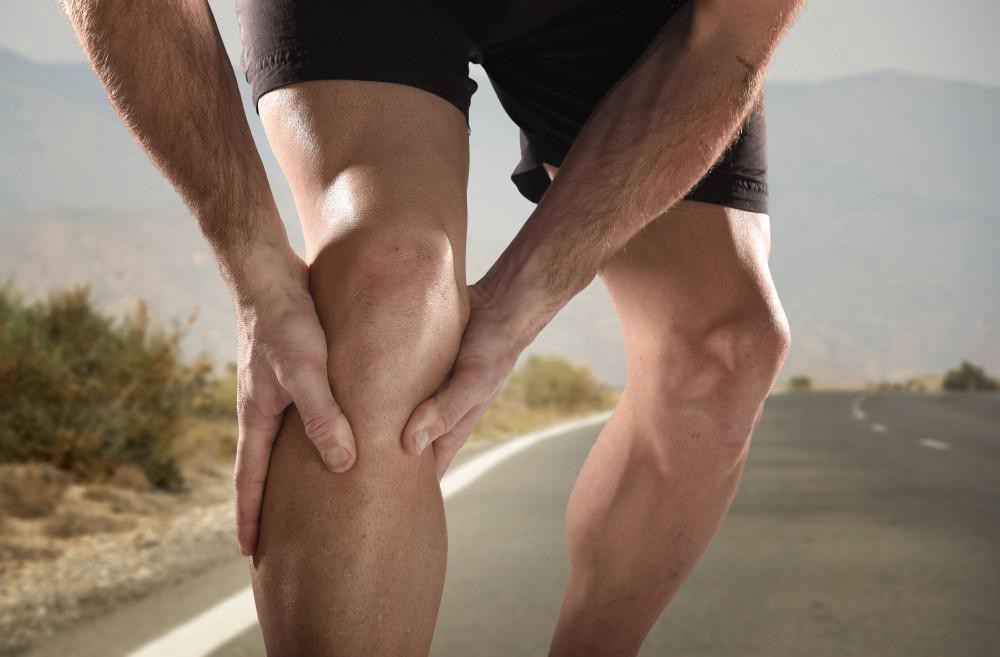Injuries around the knee joint are frequently seen at Hawthorn Physiotherapy. However, there is always one injury that everybody dreads – an ACL rupture.
Many people are worried about the personal, social and financial burden of injuring their ACL. Fortunately, research and science have come a long way. There are now many options for managing ACL injuries effectively.
At Hawthorn Physio (also known as the Knee and ACL Clinic), we regularly see patients with ACL injuries before and after surgery. Additionally, the clinic is closely connected with knee surgeons and specialists who are experts in ACL management.
The article below will detail what you should do if you have a suspected or confirmed ACL injury. We will go through a simple step-by-step approach about what you should do next. Please contact one of our physiotherapists through email or phone for more information.
Step 1. I’ve Hurt My Knee, Should I Be Worried?
Fortunately, most immediate knee injuries seen at Hawthorn Physio are NOT ACL injuries. However, there are specific symptoms and circumstances that you should be wary about. Common signs that are associated with ACL injury include:
- Buckling of the knee after a specific movement (e.g. sudden change in direction, pivoting, landing awkwardly after jumping, etc.)
- Hearing a pop or a click in the knee during the moment of injury
- Immediate swelling and bruising around the knee joint
- Feeling that the knee is unstable or gives way after the injury.
Even if you experience any of these issues, it doesn’t necessarily mean you’ve damaged your ACL. We recommend seeing your physiotherapist to perform a physical assessment and to determine whether follow-up tests are required.
Step 2. Booking In For A Physiotherapist
The next step is to determine whether you have an ACL injury. Try to book in with a physiotherapist experienced with knee injuries. It’s essential to receive a comprehensive knee assessment to determine the likelihood of an ACL injury.
So, what should you expect when attending your first physiotherapy session? The goal of the initial consultation will be to determine the chance you’ve hurt your ACL. Your session will involve your physio performing the following (in no particular order):
- Asking questions and taking a comprehensive history of what happened to your knee
- Observing the shape and movements of your knee
- Palpating the knee to feel for abnormalities
- Performing special tests (known as an anterior drawer or Lachman test) to assess the health of your ACL
- Prescribing exercises to help kickstart the rehabilitation process for your knee (whether you have an ACL injury or not)
- Using physical therapy techniques to provide short-term symptom relief (e.g. massaging surrounding tight muscles to ease pain, using a compressive cuff to reduce swelling, etc.)
Depending on your unique circumstances, your physiotherapist may recommend further follow-up testing (e.g. MRI scans, etc.).
Step 3. Getting Your Diagnosis
Getting a proper diagnosis is crucial for receiving the right management plan.
The first information is whether the ACL injury or any other structures in the knee (e.g. meniscus, collateral ligaments, bone, etc.) have been injured. Quite often, an injury to the ACL may also involve these other areas in the knee joint.
Secondly, if there is an injury to the ACL, how severe is it? Often, mild to moderate injuries (i.e. grade 1 and 2 sprains) will only require rehabilitation. A complete tear or rupture will require further evaluation.
Step 4. Deciding What Next
Suppose you have had a confirmed complete ACL tear or rupture. In that case, a joint decision will be made about the next step in your recovery. At Hawthorn Physiotherapy, we will refer you to an orthopaedic knee specialist to start the decision-making process.
Interestingly, not all ACL ruptures will require surgery. In fact, our very own physio, Charlie is living a fit and active lifestyle without an ACL.
Many factors should be considered when deciding what is next, including:
- Your future goals and ambitions
- Whether you have a specific timeline or upcoming event(s) (e.g. travelling, competition, etc.)
- Your current symptoms
- How do you tolerate prehabilitation/rehabilitation
- Your age
Step 5. Prehabilitation and Rehabilitation
Rehabilitation is recommended for everyone after an ACL injury. Even if you’ve decided to undergo ACL surgery, knee specialists will often suggest a period of prehabilitation before the surgery. It ensures that your knee is as strong, stable and steady as possible.
Multiple studies suggest that a short period of prehabilitation helps improve your knee’s outcomes after surgery. This is all in the hope of helping your recovery and rehabilitation and returning you to your usual self.
After your surgery, you will commit to a 9-12 month (give or take) rehabilitation process before returning to your chosen sport(s) or physical activity.
If you suspect you’ve sustained an ACL or knee injury, please see one of our friendly physios at Hawthorn Physiotherapy. Our experienced knee physiotherapists will help you through your recovery per our 5-step plan. For more information, please do not hesitate to chat with our physiotherapists by phone or email.

or call 03 98192827
